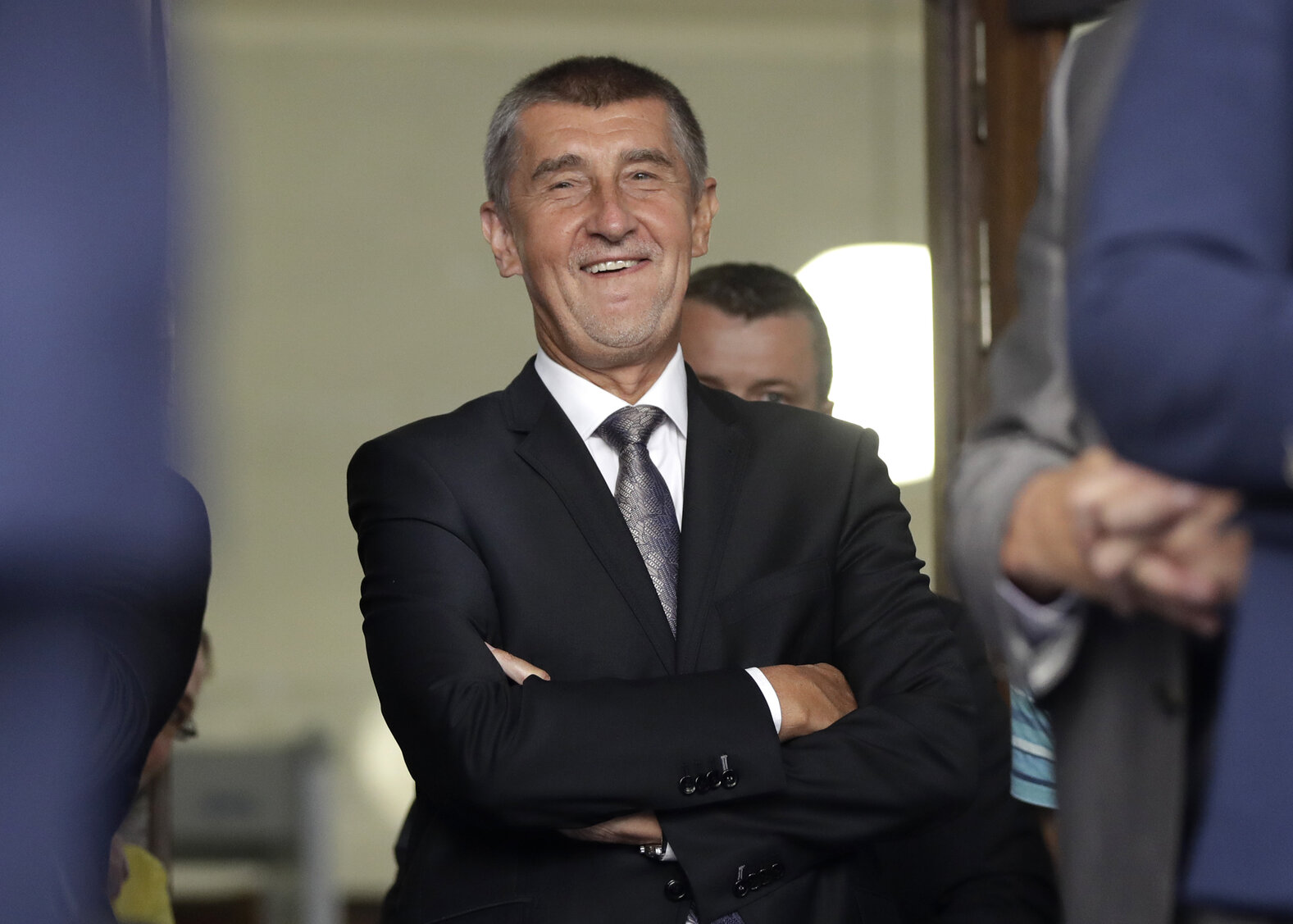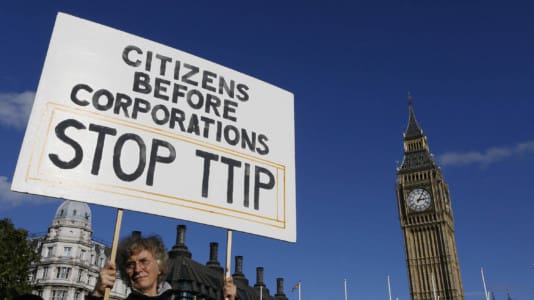Former Prime Minister Andrej Babiš and his former adviser Jana Nagyová are facing potential prison terms in the Čapí hnízdo (Stork Nest) case, which is being pursued by Prague prosecutor Jaroslav Šaroch. However, even if he is convicted, he may have constitutional grounds for becoming president, a position he is likely to seek in the upcoming election.
According to the indictment, Babiš illegally drew a subsidy worth 50 million korunas (over €2 million) and used it to build the Stork Nest. In an interview with the SeznamZprávy news outlet, constitutional lawyer Jan Kysela stated that Babiš could become Czech president even if he was convicted.
As stated by lidovky.cz news outlet, Babiš is accused of subsidy fraud and damage to the financial interests of the EU, while the actions of Nagyová are qualified as helping Babiš in this criminal activity. Babiš and Nagyová have been rejecting such accusations for a long time.
Babiš meets the basic requirements to run for president
Constitutional lawyer Jan Kysela commented on what the lawsuit means in terms of Babiš’s presidential candidacy. Babiš is one of the favorites in the upcoming elections, which will take place at the beginning of 2023.
According to Kysela, it is presumed that a person facing criminal charges would not run for the post or be elected. However, Czech law is in Babiš’s favor.
“There is no legal barrier that would prevent you from running for president if you meet the basic requirements. These are Czech citizenship, being over the age of forty, and the absence of a legal obstacle preventing the candidate from effectively performing the post of the President of the Republic. In other words, the fact that someone is being prosecuted, that someone is being sued, that someone is being tried, and even that someone is being convicted, is not a legal obstacle,” Kysela explained.
He added that even if Babiš goes to prison, this is not a legal obstacle, which leaves “only” a legal incapacity as a legal barrier preventing an individual from running for the post.
According to Kysela, ambiguities remain, and it ultimately becomes unclear if Babiš would be disqualified from holding office. For example, Babiš would have to be released from prison to take the presidential oath.
“If he was not released for this purpose, he would not be able to take over the presidency. And this also applies to other duties such as communicating with ministers, accepting ambassadors, etc. An imprisoned person can be elected, but not effectively perform the presidential duties,” Kysela said.
The constitutional lawyer also pointed out the lengthy court proceedings in the Czech Republic. Therefore, it is unlikely there will be a final verdict by January 2023. However, from the moment Babiš would become a president, he would have political immunity. The prosecution would thus be suspended during Babiš’s presidency.
Moreover, the Czech Constitution does not explicitly deal with the situation of whether the president could sign an amnesty for himself or end criminal proceedings against himself.
Background of the case
A spokesman for the Public Prosecutor’s Office, Aleš Cimbala, said in a press release on Monday that one of the new witness statements had changed the assessment of the case. At the same time, there were also changes in the testimonies of other witnesses. Initially, in 2019, Šaroch stopped the prosecution of Babiš and other people.
Some of the new evidence is known because the persons concerned, including witnesses, commented on it publicly. For example, Babiš’s son Andrej Babiš Jr. did so. First, he was among the accused, but authorities later dropped their case against him. After being questioned by police, Babiš Jr. told reporters that his father had turned him a victim and that he never wanted to be part of the subsidy fraud.
The Stork Nest farm originally belonged to the former prime minister’s holding Agrofert. In December 2007, the farm was transformed into a stock company. The Stork Nest later received an EU subsidy in the program for small and medium-sized enterprises, to which it would not be entitled as part of the Agrofert holding. The shares were allegedly owned by Babiš’s children and wife. Babiš Jr. had previously stated that the farm had been his father’s project from the beginning. The farm returned to the Agrofert structure after several years. In 2017, the prime minister transferred Agrofert into trust funds.





